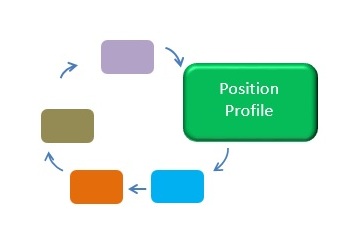 Incorporating information gleaned from the organization assessment, the ESP now shifts to developing a comprehensive yet succinct profile that addresses the scope, desired qualifications, compensation and other pertinent aspects of the new position.
Incorporating information gleaned from the organization assessment, the ESP now shifts to developing a comprehensive yet succinct profile that addresses the scope, desired qualifications, compensation and other pertinent aspects of the new position.
This profile begins with a statement describing the primary mission (e.g., “the VP Sales will be responsible for doubling revenue in eighteen months through the expansion of domestic sales offices and establishment of an overseas distributor network.”) This is followed by a delineation of expected outcomes/accomplishments (e.g., “growing revenue from $1.5M to $3M by opening a southern regional sales office and establishing distributor relationships in Western Europe and Japan.”)
A key component of the position scope is a projection of how the role will expand, contract or stay the same over time. Consideration should be given to any temporary overlap with duties of other functional areas that sometimes occurs with early stage companies as they build their leadership team.
Other components of scope that should be addressed include budget, direct reports, strategic vs tactical dimensions and primary internal and external relationships.
In developing the position profile, it is critical that relevant cultural information obtained during the organization assessment is incorporated into the soft skills component of the qualifications, and subsequently explored in detail during the actual candidate interview process.
Compensation information should also be addressed in the position profile and will likely include: projected base salary range; bonus plan with details on how it can be earned; stock options describing type and vesting period; and other perks such as company car, club membership, etc. If applicable, attention should also be given to relocation policies and projected travel requirements.
